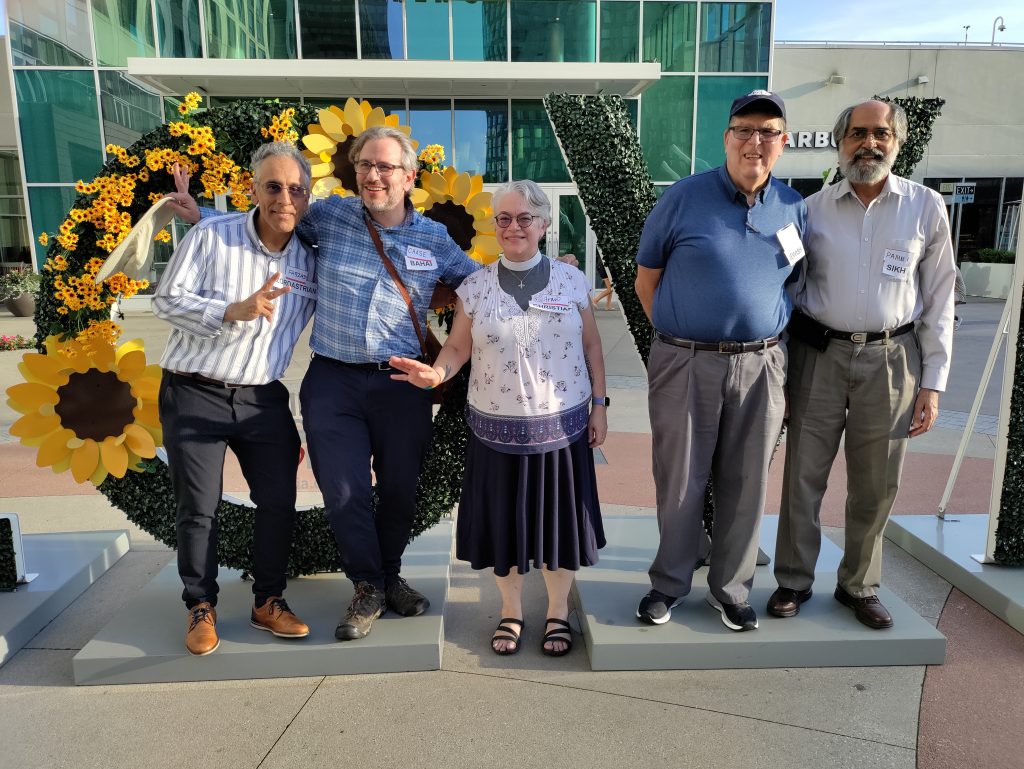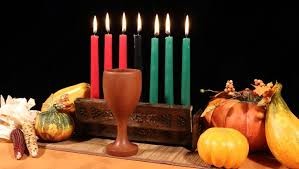
I attended a recent holiday choral concert, during which I was introduced to the principles of Kwanzaa (this year, December 26 through January 1, 2024). One of those principles is Nia – purpose. The Northern Virginia Chorale sang a beautiful hymn composed by Glenn Burleigh questioning our purpose as human beings created by God. I found the questions and conclusions of this hymn to be quite moving.
“Why was I born? Why was I born?
Was I born to feed hungry children, or to give shelter to the homeless?
Was I born to be my brother’s keeper, companion to the lonely?
I was born to love the Lord with all my heart, my soul, my mind, and strength.
If I love God I can love all people.
This is my purpose. Nia.
Why was I born? Why was I born?
Was I born to preach the Gospel, or to care for aging parents?
Was I born to help the unwed mothers or council the pris’ner?
I was born to love the Lord with all my heart, my soul, my mind, and strength.
If I love God I can love all people,
If I love all people, I can love God!
This is my purpose.
This is why I sing my song.
Nia, Nia, Nia.”
Preparation for and celebration of the December holidays is an opportunity for personal reflection and contemplation. I am asking “what is my purpose during this holiday time” and the larger question: “what is my purpose in life going forward?” This song suggests that loving God and loving all people is my purpose.
This blog post is the expressed opinion of its writer and does not necessarily reflect the views of Tysons Interfaith or its members.
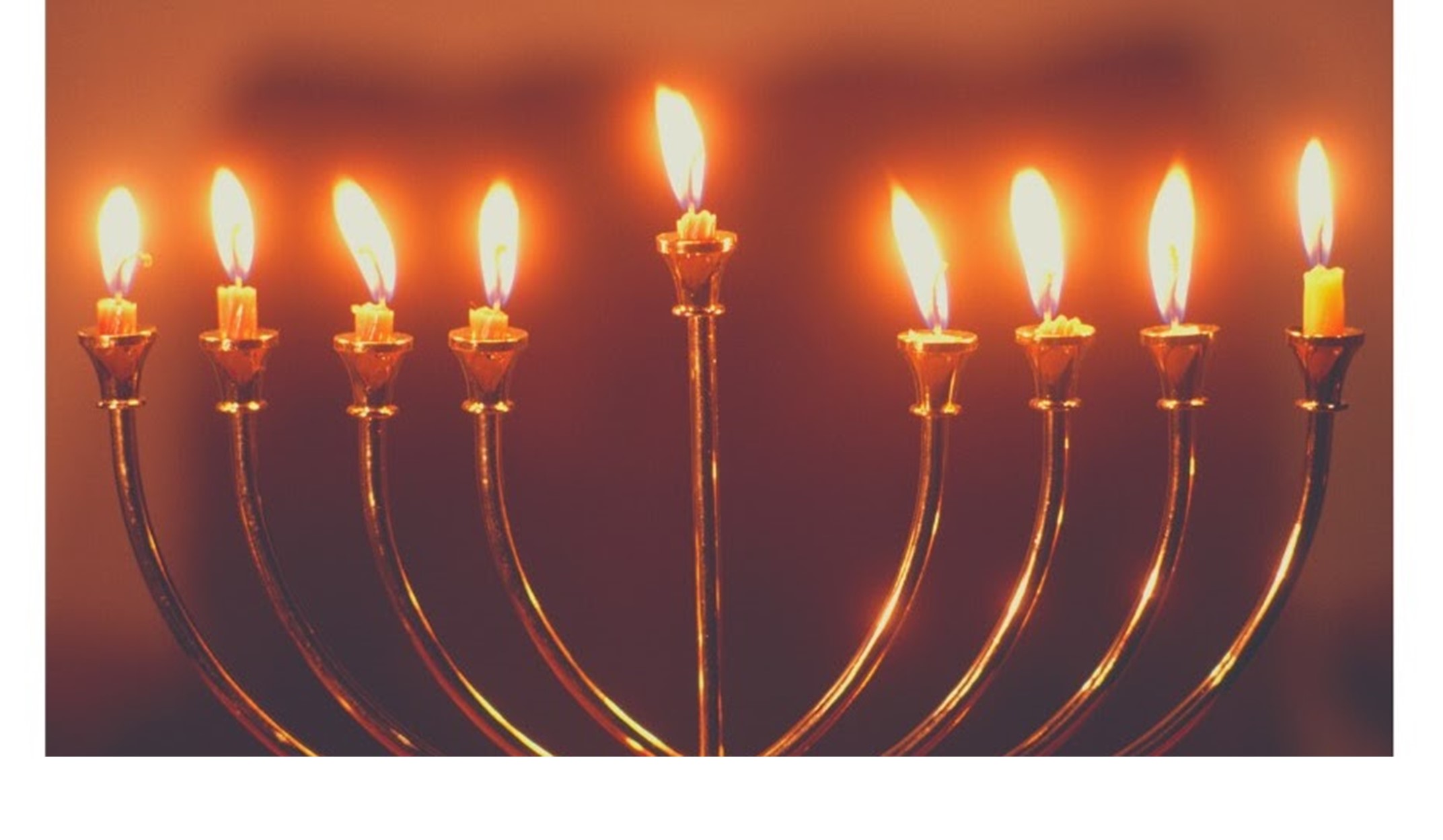
On Thursday, December 7th at sundown, Jews all over the world will begin the celebration of the eight-day festival of Chanukah with the lighting of the first candle on the menorah. The celebration this year will not be the same, as war rages in Israel and Gaza and its repercussions are felt around the world, including of course in our communities.
What is very important to remember in a time of watching the rise of antisemitism all over the world, with a 388% increase in incidents in the United States since October 7th over the same time period last year, is that this holiday celebrates the victory of religious freedom – a cause, unfortunately, still being fought for by millions of people the world over. We must note that Jews are not alone, there has also been a significant increase in anti-Muslim hate incidents.
We are living in very dark times. Wars and hatred spread across the face of the earth, and many in the name of religion. As we begin this holiday season, with many religions celebrating, let us not forget the world is large; there is room for everyone to worship as they choose and not live in fear.
Perhaps we can use the light of this holiday to ask for the wellbeing and safety of all people, regardless to whom they address their prayers.
This blog post is the expressed opinion of its writer and does not necessarily reflect the views of Tysons Interfaith or its members.
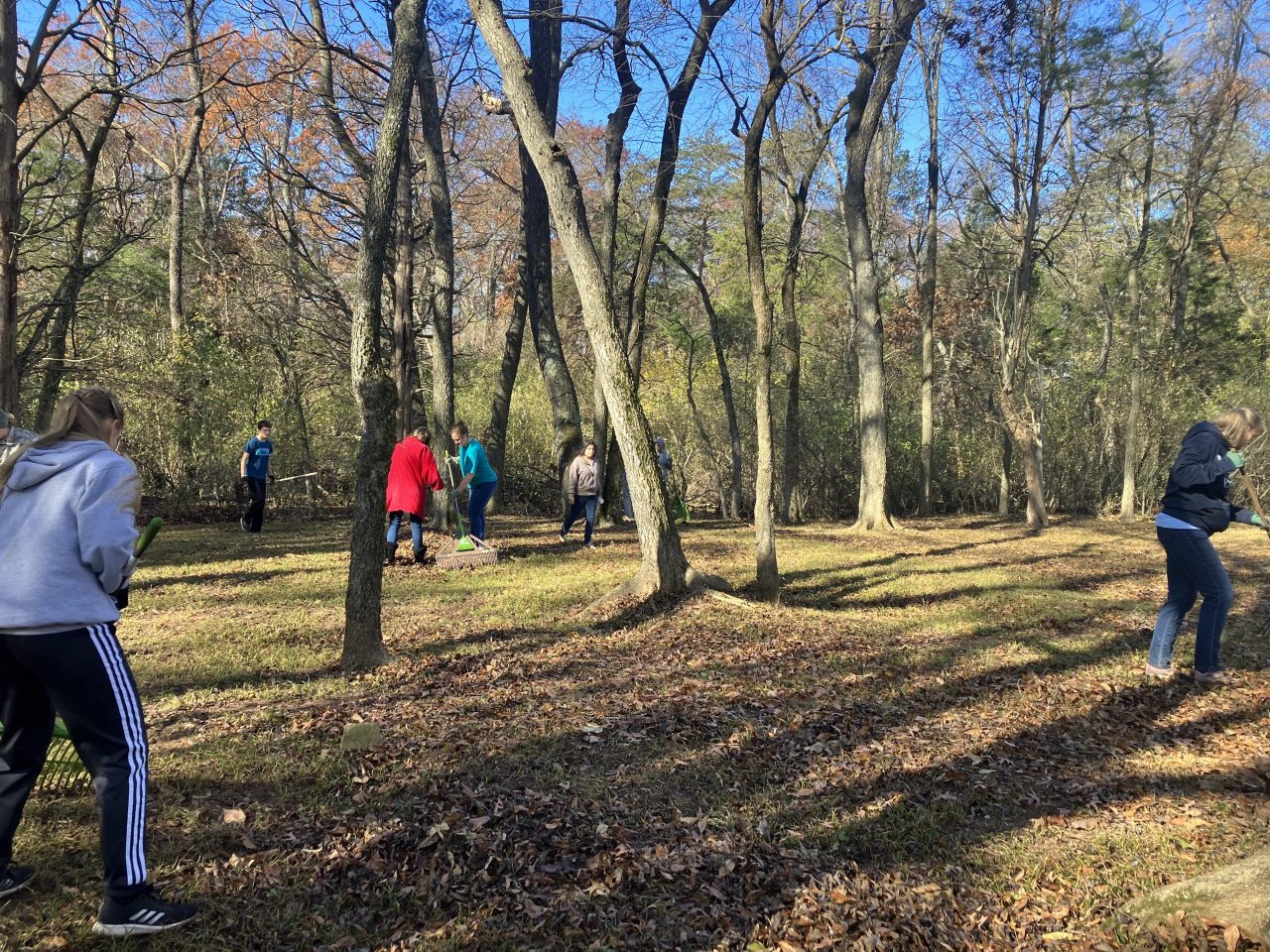
On a beautiful recent Saturday morning, approximately fifty people of different faith traditions — youth and adults — met at the Harris Family Cemetery at Bull Run Regional Park for a fall clean up. Members of Redeemer Lutheran, a Tysons Interfaith partner, were among the participants.
This final resting place of some ninety people, mostly the ancestors of emancipated slaves, was discovered in a wooded glen behind the Atlantis Water Park several years ago.
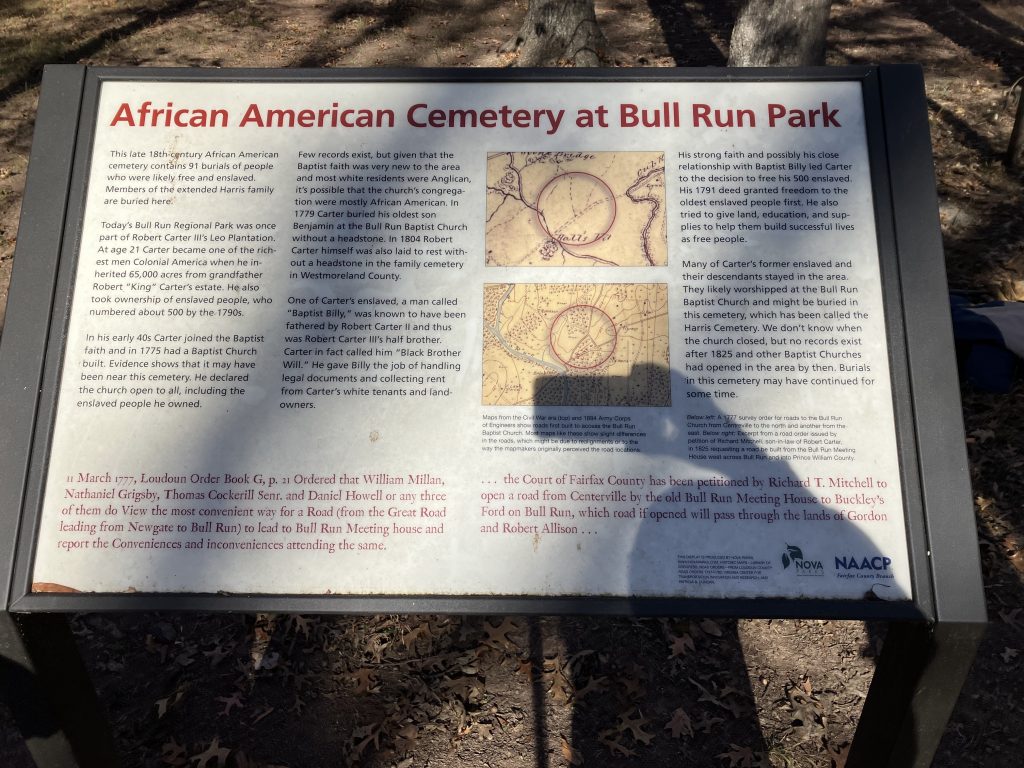
In addition to spreading mulch on the path leading to the burial area, volunteers raked leaves and cleared debris to uncover the white markers that mark the location of interred individuals. Other volunteers repainted these markers.
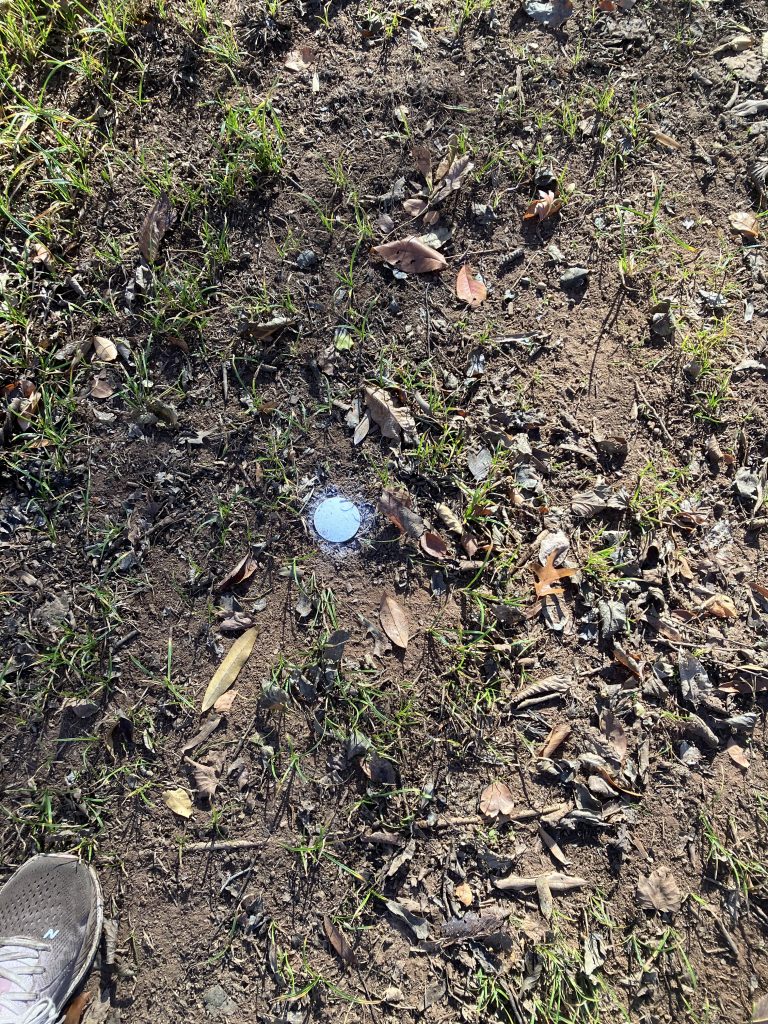
It was very uplifting to help maintain this sacred place, and to learn more about the history of this area and its remarkable people. I look forward to returning to this space.
To learn more about the cemetery, please visit https://www.novaparks.com/parks/bull-run-regional-park/things-to-do
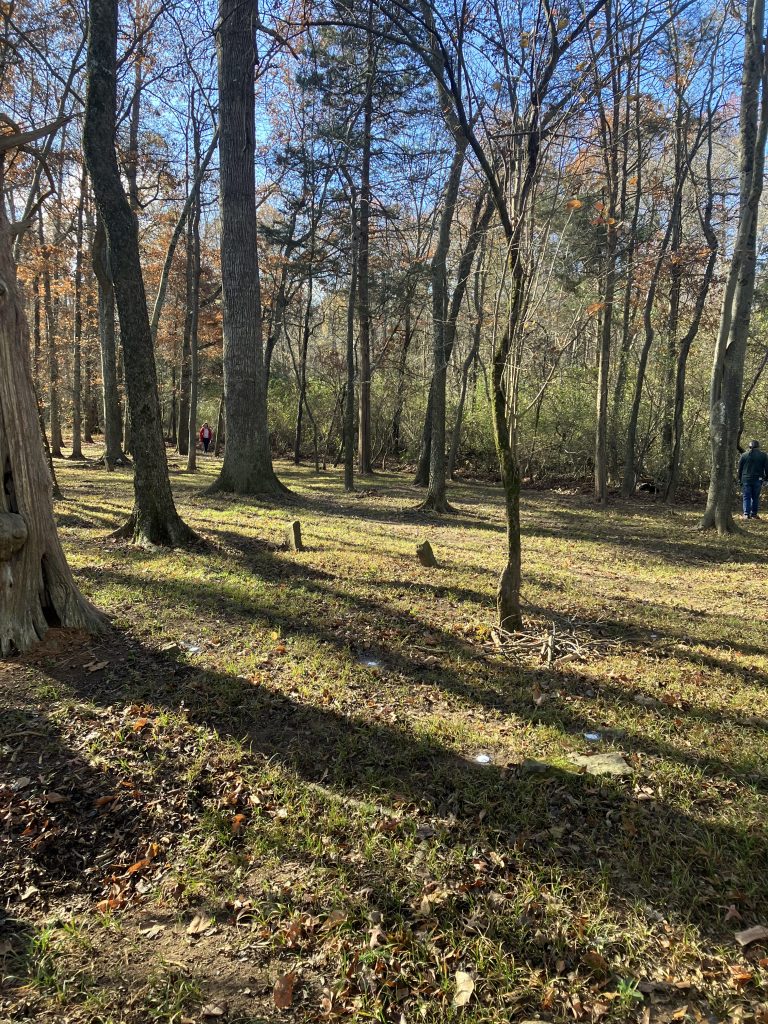
This blog post is the expressed opinion of its writer and does not necessarily reflect the views of Tysons Interfaith or its members.

Many people set aside time in their day for prayer, reflection, or meditation. As a Christian Science practitioner, I often find inspiration in daily audio reflections presented by members of our church, called the Daily Lift.
A recent Daily Lift by Janet Clements, a Christian Scientist Practitioner and Teacher from Evanston, Illinois, is entitled An Oasis of Hope and Comfort. Janet shares about her recent encounter with a frightened female Jewish student who was drawn to the light in her office window. Pro-Palestinian protests were occurring outside, and as Janet admitted this young woman into her office, she was reminded of her belief that we are all spiritual children of one God. Like rays of light from the same sun, we are all unique and loved. To Janet, our prayers for peace can be like street light beacons of hope reflecting God’s love for all people.
The Daily Lift is comprised of audio presentations contributed by Christian Science church members worldwide – with the majority coming from the U.S. This particular Lift will remain on the website for thirty days before being retired.
May this segment bring you peace and encouragement.
This blog post is the expressed opinion of its writer and does not necessarily reflect the views of Tysons Interfaith or its members.
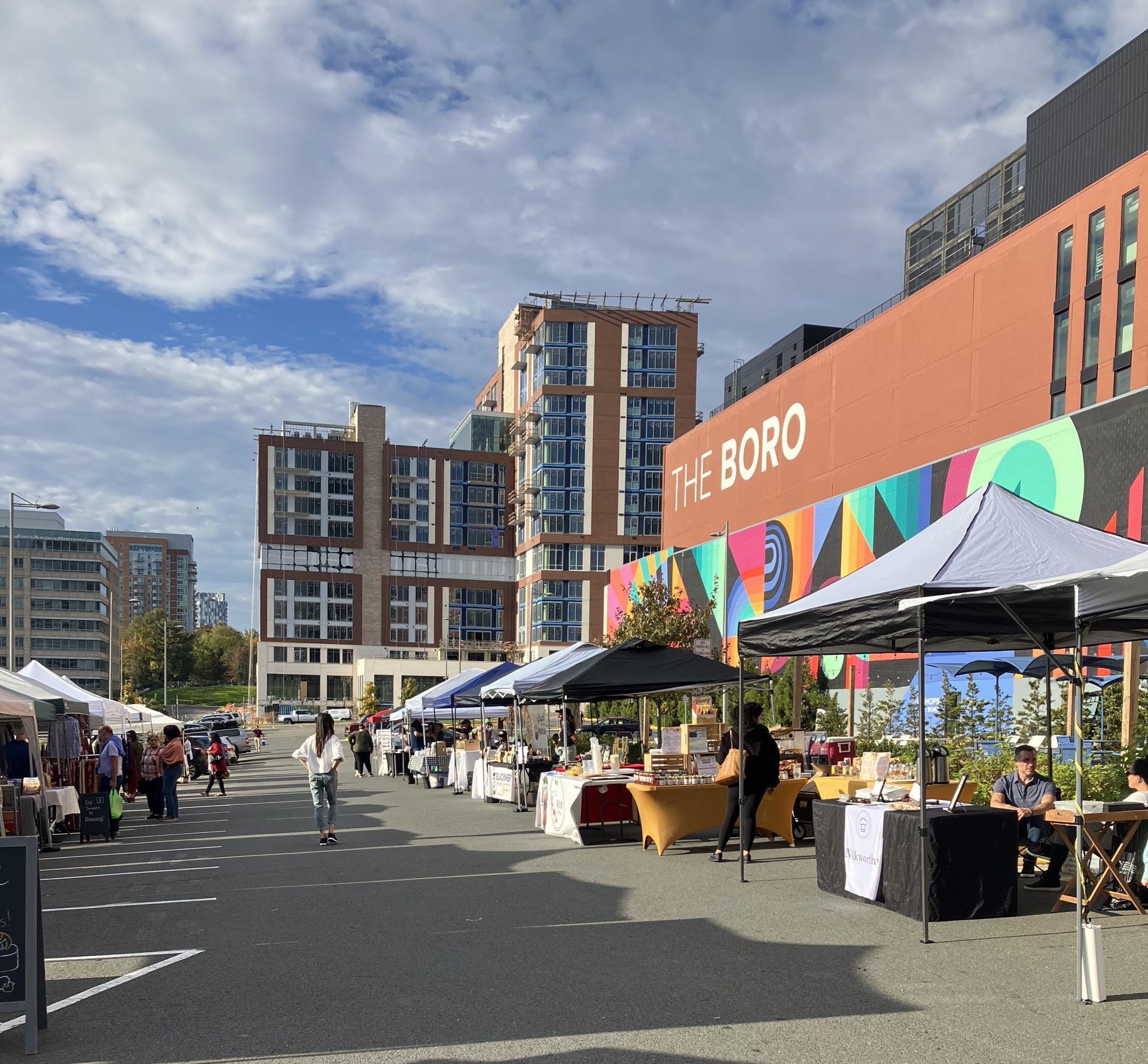
During September and October, Tysons Interfaith was honored to partner with the Tysons Community Alliance and the Fairfax County Police Department to sponsor a food drive at the fabulous Fall Mixed Market held on Wednesday afternoons at the Boro in Tysons.
Because of the generous donations of people who live and work in Tysons, we were able to make several deliveries of needed items to both SHARE of McLean and Second Story.
What a pleasure it was to mingle with people who live and work in the Tysons area, explore the varied vendor stands, enjoy beautiful fall weather and work with our community partners in support of these great non-profits who are doing such important work in our area.
I hope we can do it again next fall.
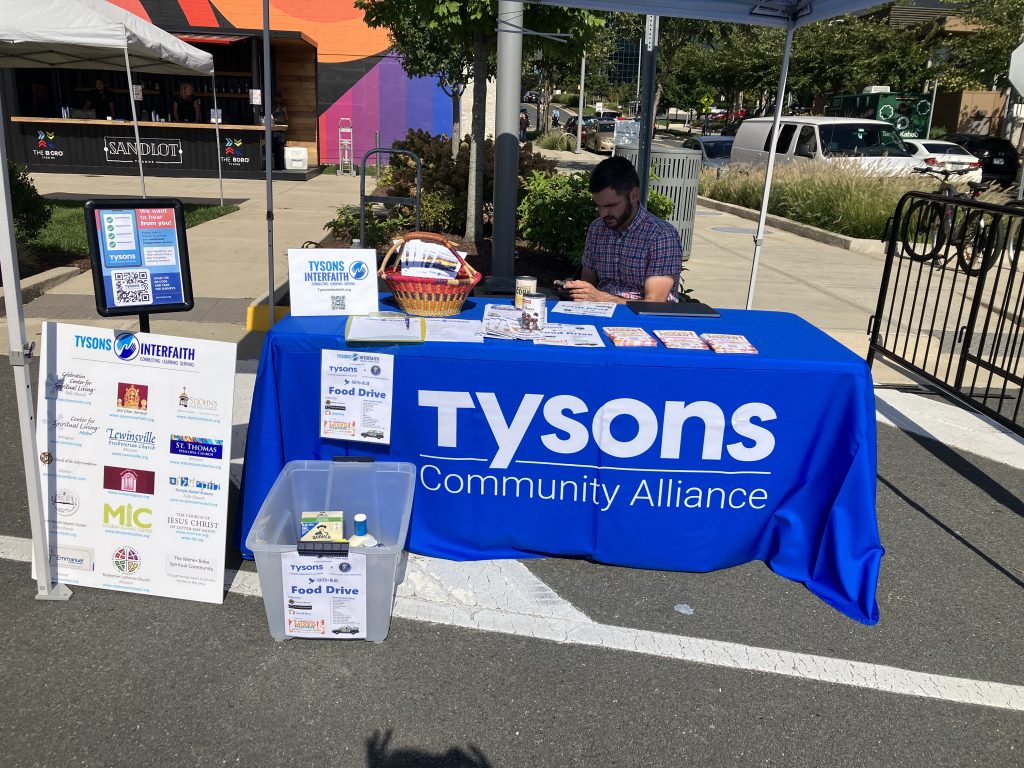
This blog post is the expressed opinion of its writer and does not necessarily reflect the views of Tysons Interfaith or its members.
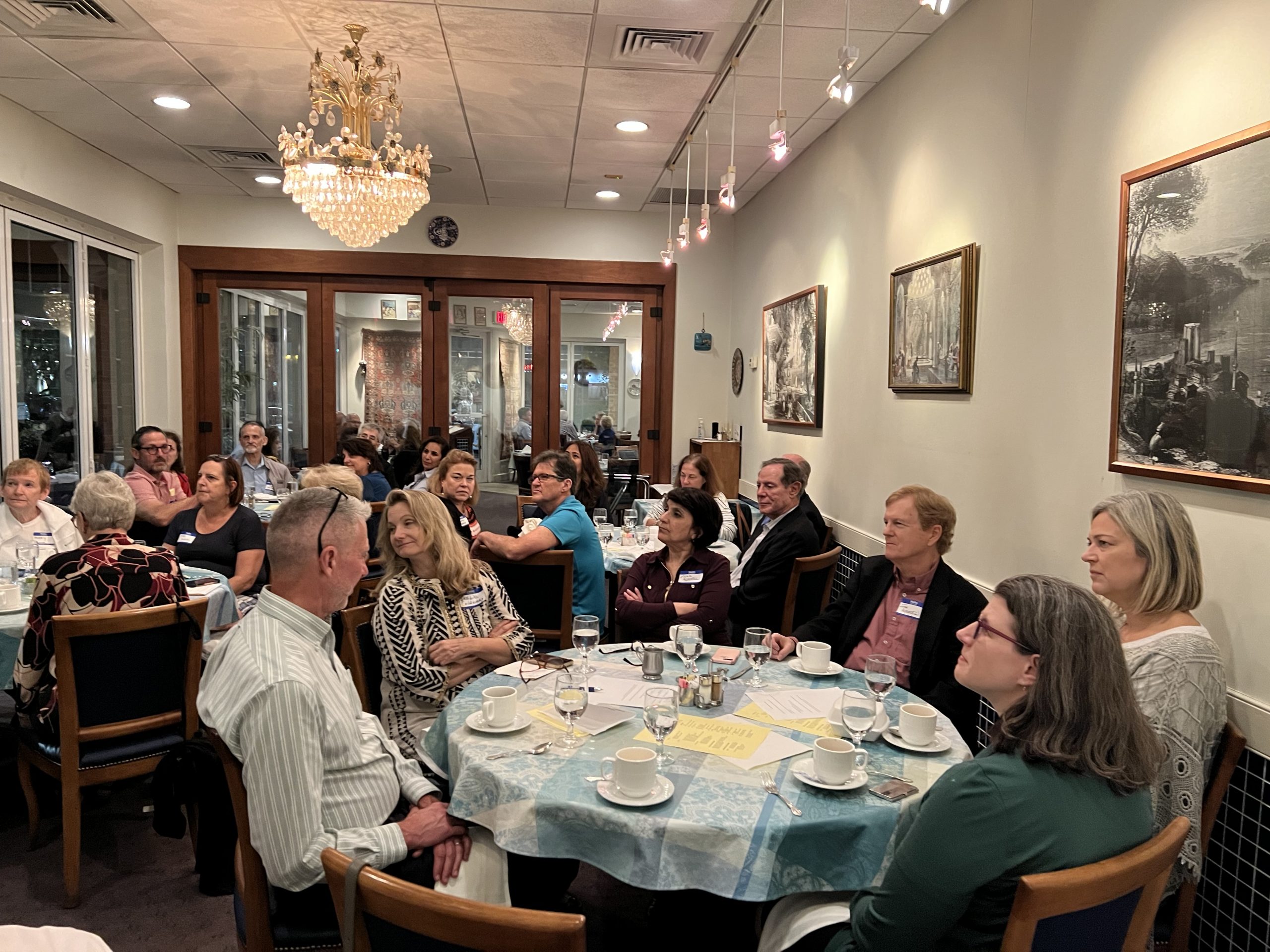
On the evening of October 2nd, 2023, the Tysons / McLean area witnessed a remarkable display of unity and interfaith dialogue as members of the Baha’i Faith and the Emmanuel Lutheran Church came together for a dinner meeting. This event, held at the heart of McLean, exemplified the power of faith and cooperation in fostering understanding and harmony among diverse religious communities.
The dinner meeting, which took place at a local restaurant, was a testament to the belief that in the face of differences, unity and mutual respect can prevail. The evening began with a warm welcome from both sides, with representatives expressing their eagerness to engage in open and meaningful dialogue. The Baha’i Faith, known for its principles of oneness and unity, and the Emmanuel Lutheran Church, rooted in the teachings of Martin Luther, came together with a shared purpose: to strengthen bonds, promote tolerance, and engage in dialogue.
One of the key highlights of the evening was the heartfelt discussions on the common values that bind these two Faiths. Participants explored their shared beliefs in compassion, service to others, and the importance of community building. These commonalities served as a foundation for a deeper understanding of one another’s Faith traditions.
Another poignant moment of the evening was when individuals from both Faiths shared personal experiences and expressed their regret for not having had the opportunity in the past to learn about one another’s Faiths. The Baha’i participants spoke about the centrality of unity in diversity and their commitment to global peace. The members of the Emmanuel Lutheran Church shared their dedication to living out their Faith through charitable acts and outreach in the community. Through these narratives, a strong bridge of understanding was built that went beyond theological differences and focused on the shared humanity that binds us all.
The dinner event provided an opportunity for participants to learn more about each other’s backgrounds and the profound commonalities that exists between the two Faiths.
As the evening concluded, it was evident that the dinner meeting had been a significant step towards fostering interfaith dialogue and mutual respect in the Tysons / McLean area. The participants left with a profound sense of gratitude for the opportunity to connect with people from different faith backgrounds. They also expressed their commitment to continuing the dialogue and expanding these interfaith gatherings in the future.
In an increasingly diverse and interconnected world, events like the dinner meeting between the members of the Baha’i Faith and the Emmanuel Lutheran Church play a crucial role in promoting harmony and understanding. By emphasizing the common values and shared humanity that bind us all, this event serves as a model for how different Faith communities can come together in the spirit of unity, love, and friendship.
The dinner meeting on October 2nd was a powerful testament to the potential for collaboration and mutual respect among diverse Faiths. It demonstrated that, no matter our differences, we can find common ground and build bridges of understanding that strengthen our communities (which is much needed now more than ever) and make the world a better place starting at the local community level.
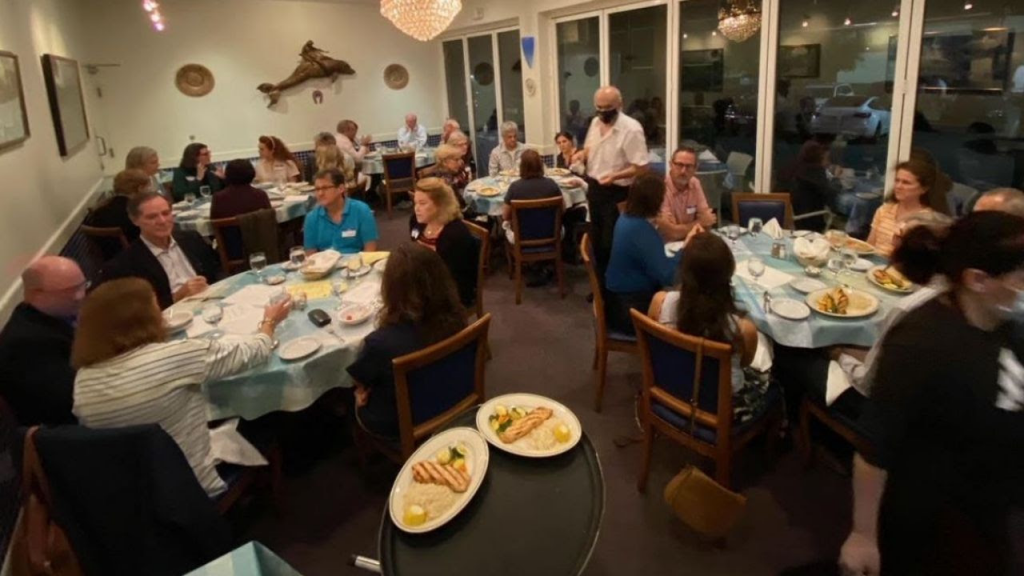
This blog post is the expressed opinion of its writer and does not necessarily reflect the views of Tysons Interfaith or its members.
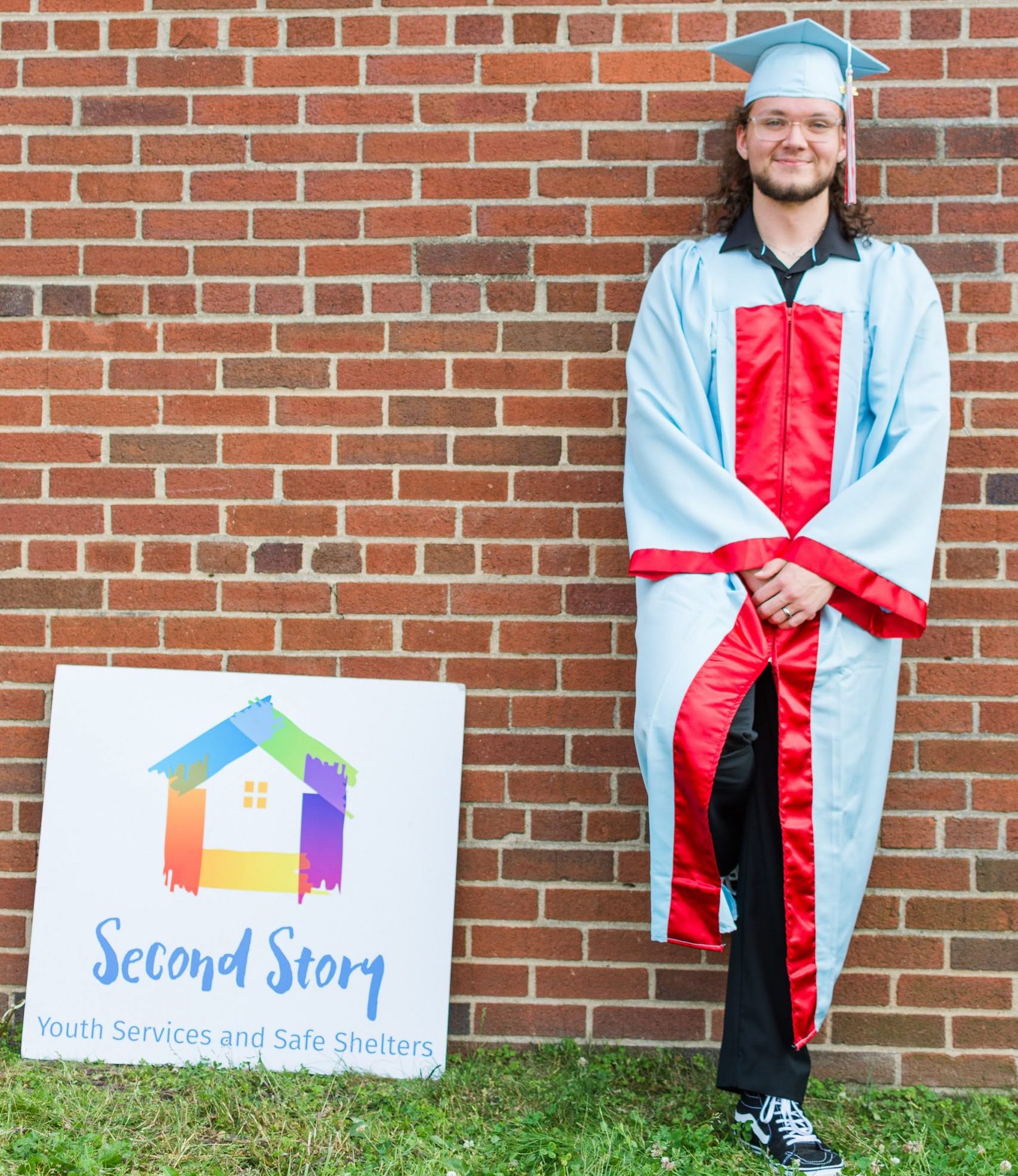
Tysons Interfaith is pleased to present a series of blog posts highlighting local non-profit organizations who are doing so much to help our neighbors. Please consider helping these groups with your time and resources. For a list of nonprofit organizations working in the Tysons area please visit: tysonsinterfaith.org/resources/
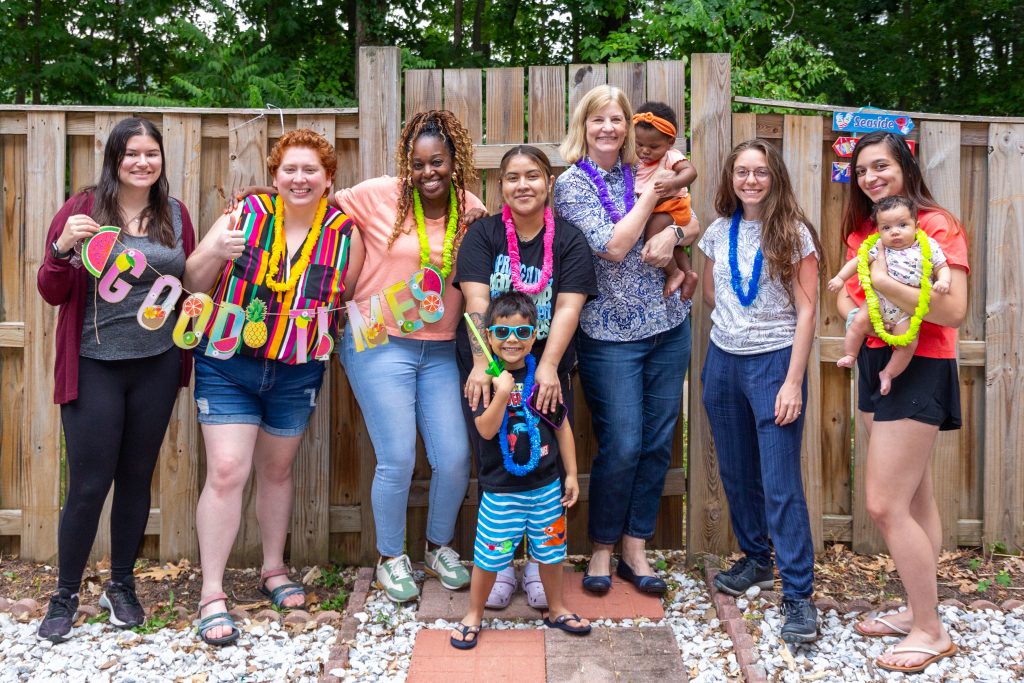
If you’ve ever driven past the bright purple door on Gallows Road with the welcoming sign out front, you’ve driven by Second Story for Teens in Crisis, an emergency home that provided 699 bed nights to youth in crisis last year. It’s the only emergency home or safe haven in Northern Virginia for teens ages 13 to 17. It’s also just one of the programs Second Story offers to youth and families in the region.
Learn more about Second Story by attending the annual Beacon of Hope Breakfast on October 25th, 2023, from 8:00 to 9:00 AM ET at Westwood Country Club in Vienna, Virginia. All are invited and registration is required. Learn more here: second-story.org/2023-beacon-of-hope-fundraiser/.
For more than 50 years, Second Story has been transforming the lives of children, youth, and their families by providing safe havens and opportunities to grow and thrive at critical turning points. Second Story’s vision is of a community where all young people are safe, live in a nurturing environment, and have the opportunity to reach their full potential. They’ve assisted more than 50,000 young people through their four programs.
- Second Story for Teens in Crisis provides a short-term place to stay for youth in crisis ages 13 to 17, plus food, clothing, and individual and family counseling. The staff also runs a 24-hour crisis-counseling hotline.
- Second Story for Homeless Youth helps high school students and youth experiencing homelessness with housing, case management, and life skills training.
- Second Story for Young Mothers offers long-term housing as well as life skills support, counseling, and assistance with basic needs for young mothers experiencing homelessness so they can learn to support themselves and their children.
- Second Story in the Community serves the communities of Culmore, Annandale, and Springfield through Family Resources Centers, Safe Youth Projects, and a Teen Center. They offer language, computer, health literacy, parenting, and financial planning classes, as well as tutoring, after-school support, and food distribution.
The true testament to Second Story’s work lies in the countless young individuals who have been given the opportunity to rewrite their life narratives, or their Second Stories. Last fiscal year, 120 youth had a safe place to stay, and some stayed for up to 18 months. Second Story also distributed 973 backpacks, provided 3,750 individual tutoring sessions, fielded over drop-in 26,000 consultations, and provided 12,309 food distributions.
There are many ways you can support Second Story’s mission.
- Give monetarily: second-story.org/givenow/
- Attend a virtual Open Door Session to learn more: second-story.org/get-involved/open-door/
- Follow Second Story on Facebook, Instagram, LinkedIn, YouTube, and Twitter @SecondStoryorg
- Visit Second Story’s website and sign up for the newsletter at second-story.org
- Listen to the podcast: second-story.org/podcast/
- Donate items: second-story.org/immediate-needs/
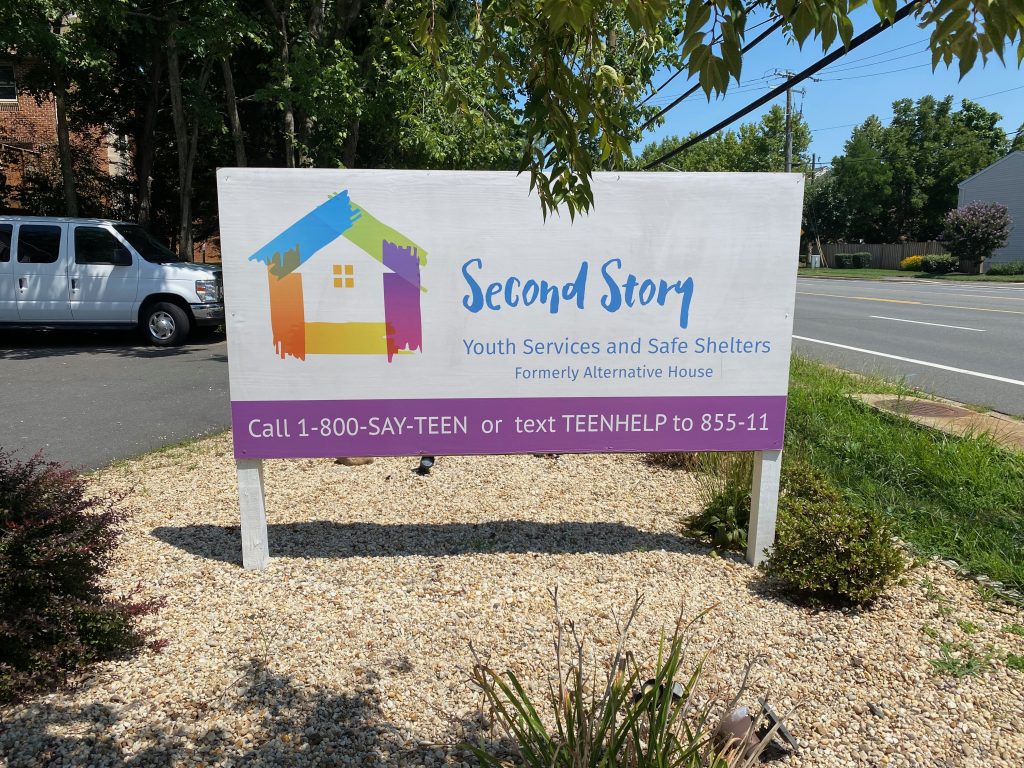
This blog post is the expressed opinion of its writer and does not necessarily reflect the views of Tysons Interfaith or its members.
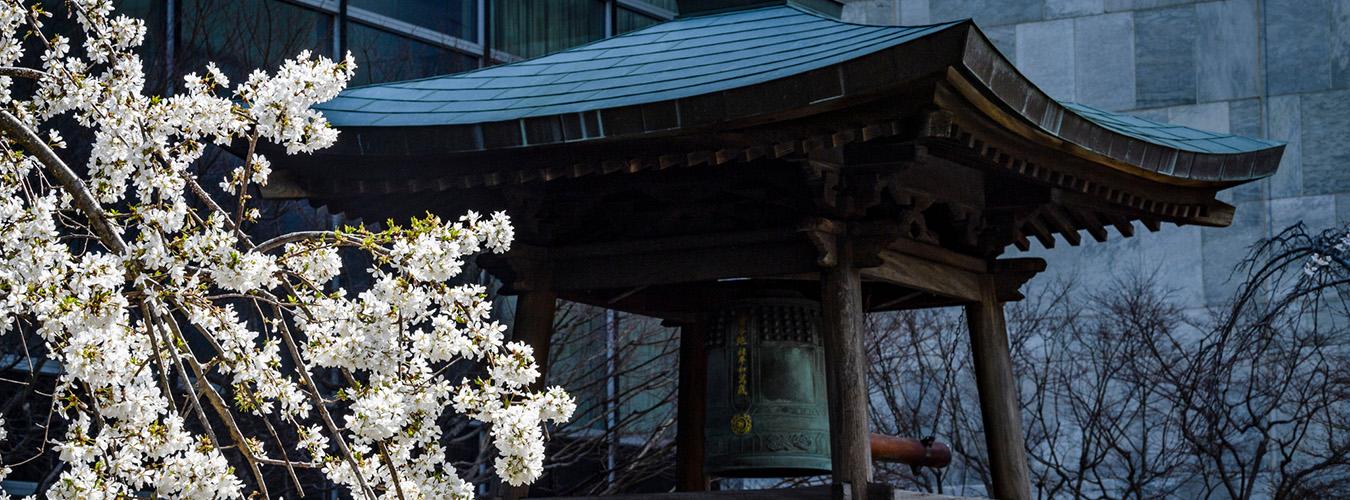
The International Day of Peace was established in 1981 by the United Nations General Assembly. Two decades later, in 2001, the General Assembly unanimously voted to designate September 21st as its annual commemoration – a 24-hour period of non-violence and cease-fire for groups in active combat.
Through the years it has been realized that “active combat” is not limited to war zones. Active combat is experienced in cities and country sides aroused by fear, avarice, racism and other prejudices, politics, and contrasting ideologies.
The origin of the World Day of Peace can be traced back to 1967 when Pope Paul VI established it as a feast day of the Catholic Church. It was designated as a day of universal peace devoted to commemorating and strengthening the ideals of peace both within and among all nations and peoples. It has come to be a time to actualize those ideals – to promote and maintain peace.
The United Nations also celebrates the International Day of Living Together in Peace, annually on May 16th, to stir individuals to mobilize efforts within the international community to promote peace, tolerance, inclusion, understanding and solidarity.
Imagine people of all nations, cultures, religions, and backgrounds working side by side in harmony. The power of imagination has been the root of social change throughout the ages, however, if left solely in the imaginal realm, nothing happens. Change happens when our imagination inspires us to action – action that is uniquely our own – action that uproots us from our complacency and calls us each to use our Divinely imbued skills and abilities to support our world in rising out of violence into peace.
Some people who describe themselves as peace advocates have difficulty wrapping around the notion that they can be both a powerful presence for peace and be an activist. Jesus was a Love activist: He came to teach love, and He was an unwavering stand for what he believed.
An activist is merely someone who is willing to stand by and for his/her values and beliefs. It is a willingness to engage on behalf of something that matters – equity, environment, health, welfare, education, to name just a few. Often that stand is taken vigorously, perhaps emphatically, and is the out-picturing of a passionate desire to do good. It can be extremely empowering.
Spiritual activism engages the power of spiritual consciousness and groundedness to guide individual actions. Spiritual activism takes myriad forms ranging from contemplative prayer to marching and picketing. How we each display our activism is as varied as humanity. Our shared common goal is to effect change based on spiritual principles and values. The outward expression of our activism emerges from our inner work. Peace activists, generally, lean toward pacifism, choosing nonviolent methods to prevent or end violent conflicts, to end non-democratic rule, and to dissolve prejudices such as racism, homophobia, and gender biases. Spiritual activists, many of whom are Peace activists, use peaceful means to achieve change. I am both. We express our views clearly, but succinctly and at a volume that doesn’t have others reaching for ear plugs. We avoid winding ourselves into a frenzy over things we can’t control. Instead, we draw on inner strength and guidance using attributes such as our belief in the Oneness of all creation, Love as a universal principle, compassion and reciprocity, simplicity and optimism, harmony and humility, responsibility, and accountability. We set the intention to be kind and considerate and refrain from criticizing others. We join together to make the world a better place. We are drawn to like-minded people wherever we are and connect spontaneously.
The question arises, why should I be an activist? Activism seeks to influence social and political outcomes by mobilizing citizens to take actions that generate widespread or well-targeted public attention around specific issues.
The United Nations International Day of Peace and their International Day of Living Together in Peace are occasions in which Peace activists around the globe present public dialogues, peace meditations and vigils, and an array of educational offerings to heighten awareness and support of Peace. Each of these is a form of “Peace Demonstration.” We draw attention to the need to heal our planet and grow strong peaceful communities.
The actions we take are demonstrations of Spirit’s call within us to do our part to manifest a world that works for everyone. Each of us has an inborn desire to experience peace. We sense the call to remove all obstacles to the free flow of peace and love. We respond affirmatively to opportunities to become radiantly contagious purveyors of peace, connecting with individuals, bringing them together in small groups that grow into larger and larger groups of individuals dedicated to peace – the essential foundation of a world that works for all.
Our efforts cannot be haphazard – we need to abide in and as peace moment by moment.
This year marks the 42nd anniversary of the United Nations General Assembly declaration “International Day of Peace.” Its purpose remains strong and essential to the wellbeing of our planet and all its inhabitants. Life is better in a world at peace.
Regardless of where we come from or what languages we speak, we are more alike than we are different. Honoring our commonalities makes peace possible. We draw on the wisdom and experience of the peacemakers and peacekeepers to learn how we can individually and collectively be catalysts for peace – how we can manifest a world that works for everyone, everywhere.
Violence is common in nations and communities that struggle with poverty, disease, and limited access to education and healthcare. Until we are willing to soften our own perspectives so we can catch a glimpse of someone else’s experience, peace will remain beyond our reach.
Peace is possible. We have the opportunity to transform the world so that our loved ones can live in sustainable peace. We are called to step outside our comfort zones – to become Peace Advocates. The impact of each small act is immense.
Join me again in the imaginal realm: Envision and feel how different life would be if we all were simply kind and respectful of one another. We can all contribute to the worldwide culture of peace through generosity of spirit, prayer, advocacy, education and ensuring access to clean water and health resources. Every small effort makes a difference.
Today, more than any other time in history, peace relies on the commitment to not only achieve equality, but to secure equity for all persons – to fulfill our vision of a world that works for everyone, everywhere.
This blog post is the expressed opinion of its writer and does not necessarily reflect the views of Tysons Interfaith or its members.
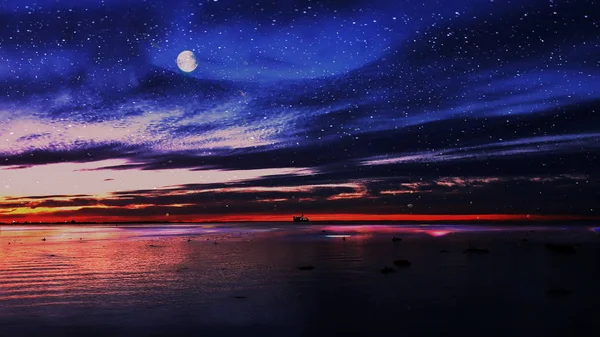
This week marks two holy days observed by our Jewish and Muslim friends and neighbors.
TISHA B’AV
Tisha B’av begins at sunset Wednesday, July 26 and is observed until sunset on Thursday, July 27. It occurs on the Ninth of Av on the Jewish calendar, which is the day of remembrance of the destruction of the Temples and other disasters in Jewish history.
During the course of the centuries, a number of tragedies have clustered around this day, from the expulsions of the Jews from England and Spain to more localized disasters. Tisha B’Av is therefore observed as a day of communal mourning, which is expressed through fasting and the abstention from pleasurable activities and extraneous diversions.
As with Yom Kippur, it is a solemn day and therefore it is inappropriate to say “Happy Tisha B’Av.”
However, there are some Hebrew words that might be helpful to know if you interact with Jewish friends and neighbors during this time:
Tisha B’Av (tee-SHAH b’AHV) or (TISH-ah Bahv) – The Ninth of Av, on which the destruction of the Temples and other disasters in Jewish history are remembered.
Av (AHV) – The eleventh month of the Jewish year.
Megillat Eicha (meh-gee-LAHT AY-khah) – the Scroll of Lamentations, is read on Tisha B’Av.
Tzom (TZOHM) – a fast. The fast for Tisha B’Av is from sunset to sunset. Those who keep the fast refrain from eating, drinking, sexual activity, anointing, wearing leather shoes, and studying Torah. It is similar to the fast for Yom Kippur. Just as on that day, children and people who are sick or pregnant should not fast.
Beit Hamikdash (BAYT ha-mik-DAHSH) – The Holy Temple. The first Temple was destroyed by the Babylonians in 586 BCE. The second was destroyed in 70 CE by the Romans.
The Kotel (KOH-tel) – The Western Wall, a retaining wall that is all that remains of the Second Temple. Jews do not refer to it as the “wailing wall,” but as the Western Wall or the Kotel.
ASHURA
The link below gives a detailed explanation of the Muslim Holy Day of Ashura, observed this Friday, July 28th and usually marked on the tenth day of the month of Muharram on the Islamic Calendar.
You will find it interesting to see the emphasis of the Sunni Muslims on the Exodus of the Israelites from Egypt and the Shia Muslims’ emphasis on the death of Imam Hussein.
middleeasteye.net/discover/what-is-ashura-how-do-shia-sunni-muslims-observe
Learning about the religion and observances of our Muslim brothers and sisters will inspire our gracious wishes towards them for a most meaningful Holy Ashura.
Muharram Quotes, Greetings and Messages
1. Wishing you a blessed Islamic year!
2. May this Islamic year find you in the best of faith and health.
3. May God allow you to enter this new year in faith and security.
4. May we be closer to God in this new Islamic year.
5. Hope you get everything you wish for in this new year.
I also found this beautiful greeting you can use and edit as you wish:
Have a blessed Muharram! On the auspicious day of Muharram, may Allah bless you with health, wealth, peace and happiness! Wishing you and your family a New Year full of peace, happiness, and abundance of all. May Allah bless you throughout the new year.
This blog post is the expressed opinion of its writer and does not necessarily reflect the views of Tysons Interfaith or its members.
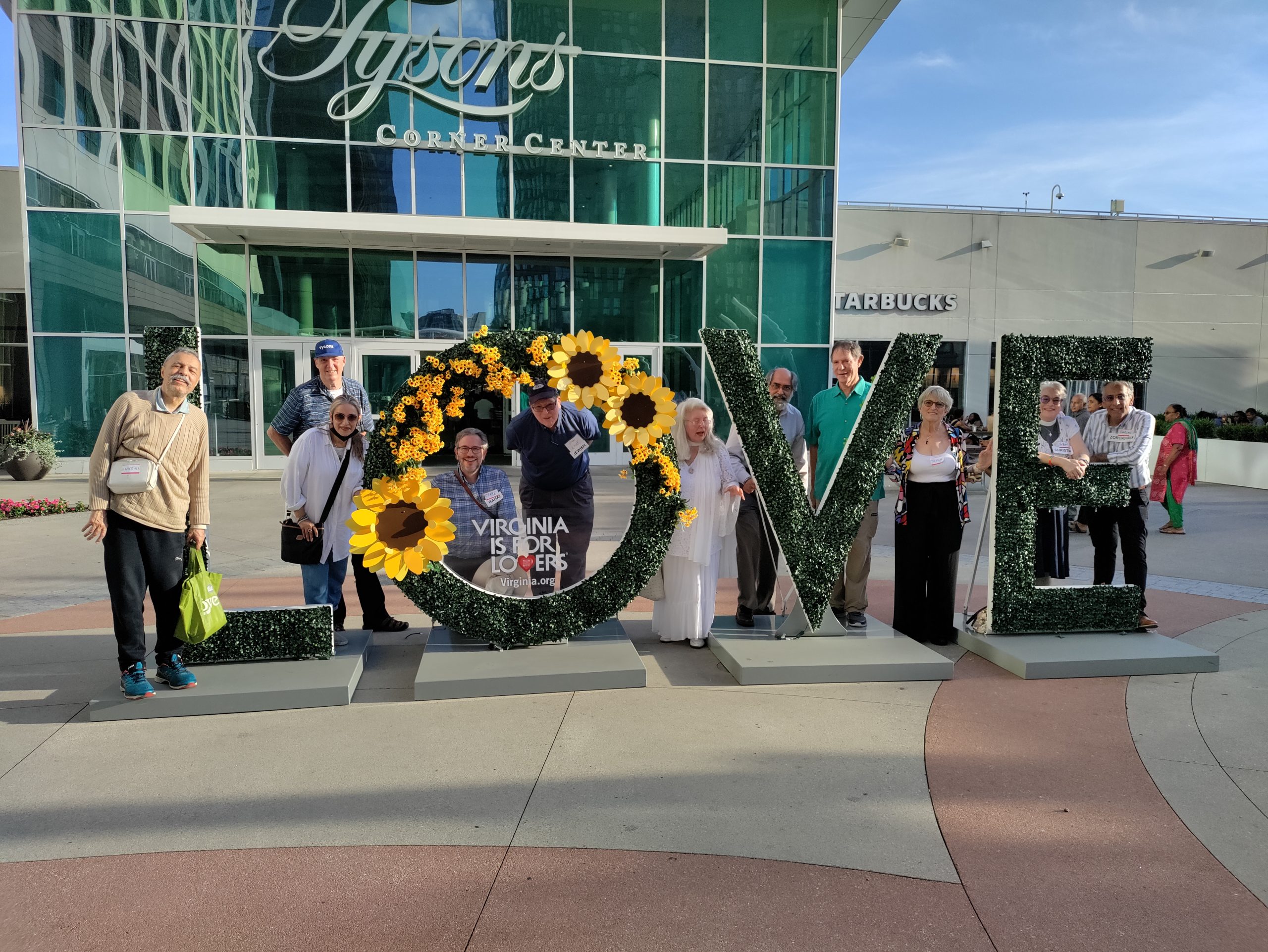
On June 25, Tysons Interfaith gathered representatives of the Sikh, Bahai, Zoroastrian, Jewish, and Christian faiths in a corner of The Plaza at Tysons Center Mall for an informal dialog. As the perhaps puzzled onlookers strolled by, our guests warmly shared their own religious story and key tenets of their faith.
Farzad Ardun (Zoroastrian) said his faith all comes down to “right thoughts, right words, and right actions,” an ethic the other participants enthusiastically shared. Chase Foster (Bahai) noted how all the great religions share some formulation of the Golden Rule. Pammi Sachdeva (Sikh) believed that people accept the religion that goes along with the culture that they are born into, often without a critical or deep appreciation, but that his faith had deepened and matured in surprising ways over the years. The Very Rev. Fran Gardner-Smith (St. Thomas Episcopal) described her journey through various Christian denominations until she found her home. Rabbi Chuck Feinberg stressed the importance of appreciating our differences, which is what gives interfaith work so much vitality.
While the sun was hot, the discussion was loving and respectful. Everyone appreciated learning more about traditions that were not their own and for a chance to meet new people and begin developing relationships with representatives of other faiths. Future exchanges might delve further into various formulations of the Golden Rule or how we can carry out the injunction to pursue good thoughts, good words, and good deeds.
